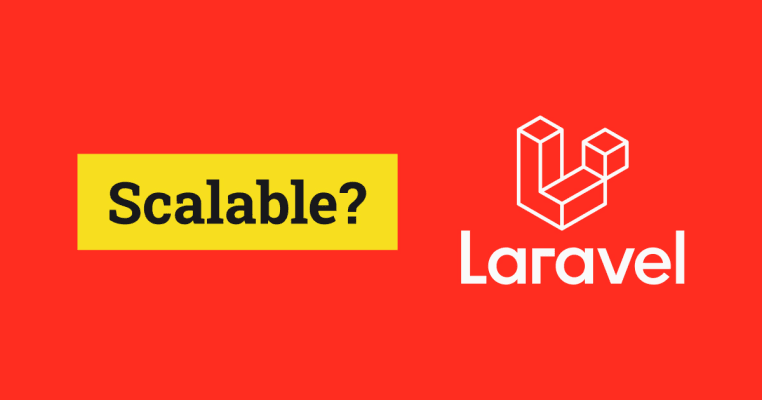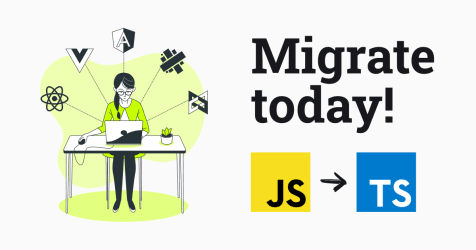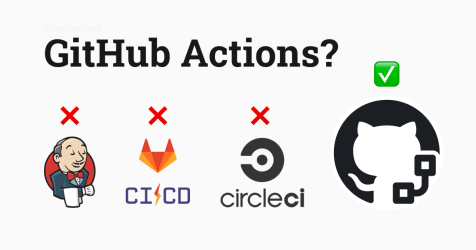My problem with Laravel: Scalability
Hi everyone, in this article I want to share my experience working with Laravel. Specifically, I want to talk about an issue that has affected me in the past: scalability. Although I think Laravel is a solid and easy-to-use framework, I have encountered scalability issues in some projects.

What is scalability?
Before diving into the problem, I think it’s important to explain what scalability is in the context of software development. Scalability refers to the ability of a system to handle an increase in workload without compromising its functionality or performance. In the case of Laravel, scalability refers to the framework’s ability to handle an increase in the number of users, data, or processing without degrading its performance.
My experience with Laravel
Overall, I have found Laravel to be an easy-to-learn and use framework that has helped me develop web applications quickly. However, in some projects, I have observed scalability limitations. Especially when the number of users or workload increases, the application’s performance can be affected, which can cause delays in server response or even errors.
Why does this happen?
In my experience, I think one of the main factors contributing to scalability issues in Laravel is the way it handles database queries. When working with large amounts of data, queries can be very slow, which slows down the application. In addition, Laravel does not have a good built-in solution for cache management, which can affect performance in case of frequent data access.
Possible solutions
To improve the scalability of a project in Laravel, there are several solutions available on the internet. Below, I will mention some that I personally believe are the most effective:
- Use non-relational databases to handle large amounts of data.
- Balance the load between different servers to distribute workload and improve performance.
- Virtualize servers to increase processing capacity and allow greater flexibility in server configuration.
- Use external cache services, such as Redis or Memcached, to speed up data access.
- Implement a PHP caching storage system, such as APCu or OpCache, to improve query performance.
- Use alternatives to Eloquent, such as Doctrine or Query Builder, which can offer better performance and scalability in specific - situations.
In conclusion, Laravel is one of my favorite frameworks. It is simple and has a lot of support from the community. I know it has weak points, but that doesn’t mean I will stop using it in many of my projects.





